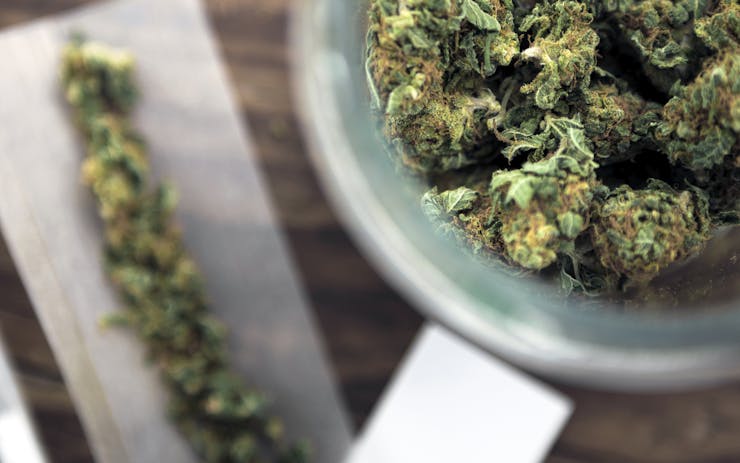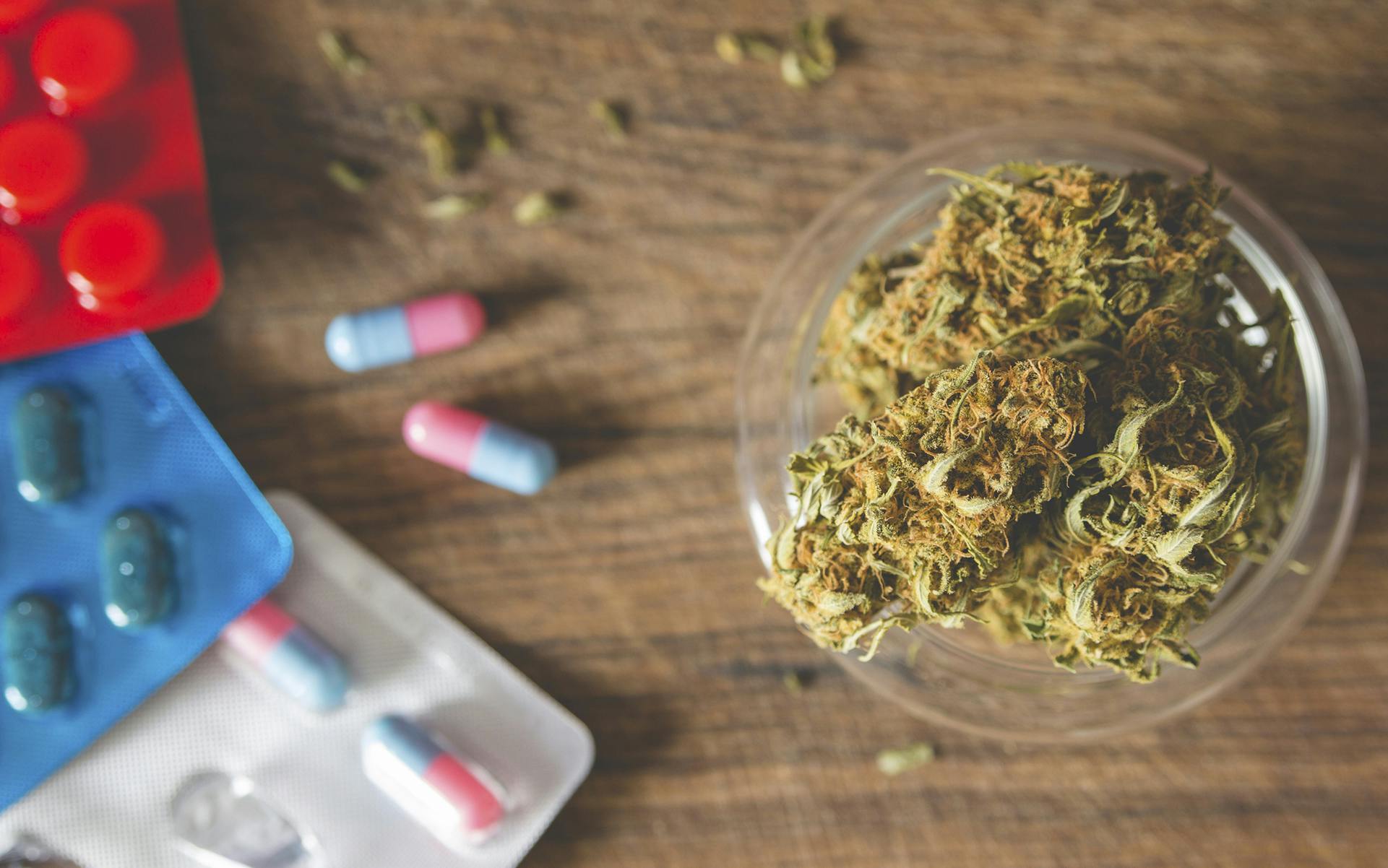What is the ‘Gateway Drug’ theory?
Ever since the Harry Anslinger era of the 1930, marijuana foes have pushed the ‘gateway drug’ theory : By partaking of cannabis, humans will be led to harder drugs like cocaine and heroin.
To this day, the “cannabis leads to harder narcotics” argument gets trotted out whenever efforts to normalize cannabis ramp up. The expansion of marijuana legalization across North America has predictably given new life to this old trope. So let’s settle it once and for all: Is cannabis a “gateway drug” or not?
Does cannabis lead consumers to harder drugs?
No. While researchers have shown that many people do in fact try marijuana before other drugs, they have not found evidence that consuming marijuana causes them to consume other drugs.
Why is marijuana considered a ‘Gateway Drug?’
The strongest evidence to support the argument that pot is actually a gateway drug comes from the National Institute on Drug Abuse.
“Early exposure to cannabinoids in adolescent rodents decreases the reactivity of brain dopamine reward centers later in adulthood,” NIDA reported in 2020.
“To the extent that these findings generalize to humans, this could help explain the increased vulnerability for addiction to other substances of misuse later in life that most epidemiological studies have reported for people who begin marijuana use early in life,” NIDA wrote.
NIDA also cited THC’s alleged ability to “prime” the brain for enhanced responses to other drugs, via a phenomenon known as “cross-sensitization.” “[R]ats previously administered THC show heightened behavioral response not only when further exposed to THC but also when exposed to other drugs such as morphine,” their report noted.
Yet NIDA acknowledged that cross-sensitization is not unique to marijuana. Alcohol and nicotine also “prime the brain for a heightened response to other drugs and are, like marijuana, also typically used before a person progresses to other, more harmful substances.”
Shop highly rated dispensaries near you
Showing you dispensaries near(In fact, as Leafly reported, alcohol may be far more of a gateway drug than weed.
Nationwide data provided by the University of Michigan’s Monitoring the Future survey revealed that high school students who consumed alcohol were 13 times more likely to use cigarettes and cocaine, and 16 times more likely to use marijuana and other narcotics.)
Here’s the proof that weed is not a gateway drug
Beyond such generalities and rat-based suppositions, we can find ample evidence to support the counterargument that cannabis is not a gateway drug.
Exhibit A: Countless living humans have experienced cannabis—and even incorporated it as a regular part of their lives—without being inspired to try dangerous narcotics like cocaine and heroin. (In fact, cannabis is increasingly being recognized as a tool to help addicts get off dangerous drugs.)
Further demonstrating that weed is not a gateway drug, a study conducted from 2006 to 2010 showed that marijuana consumption increased over 30 percent while cocaine use fell a staggering 50 percent.
The majority of cannabis’ potential as a gateway drug comes from its prohibition.
Exhibit B: Much of cannabis’ potential as a gateway drug comes from its prohibition. Denied the opportunity to buy on the legal market, millions of Americans must turn to the illegal market, often from dealers with other drugs to sell beyond cannabis. These dealers have incentive to sell as much of everything as possible. They become the primary force driving cannabis users to harder narcotics. Remove the prohibition of cannabis and its connection to dangerous narcotics will fall away.
Exhibit C: An array of scientific studies have tested the “gateway drug” theory and found it implausible, or at the very least difficult if not impossible to prove.
Don’t believe us? Take it from US Attorney General Loretta Lynch. In 2016, Lynch announced that the gateway theory was bunk. “It’s not as though we are seeing that marijuana is a specific gateway,” she said at the time.
Exhibit D: Even prohibitionists like D.A.R.E. and the federal government typically don’t even try to defend the gateway theory anymore. As Leafly reported, D.A.R.E. actually removed weed from its list of gateway drugs.
The verdict:
No, cannabis is not a “gateway drug.” A puff of weed will not lead directly to a needle in your arm. It may, however, lead you to eat deep-fried things you regret. YOU HAVE BEEN WARNED.







